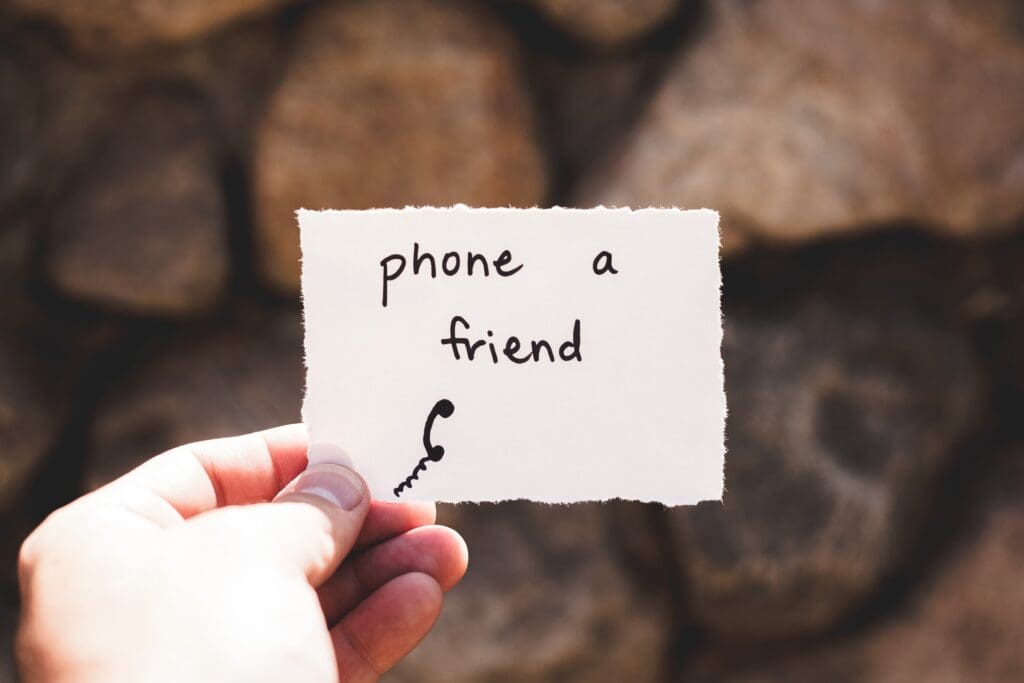Mental illness can affect our wellbeing, work-life, friendships, and family. Furthermore, mental illnesses like post-traumatic stress disorder, depression, anxiety, and bipolar disorder, can impact our romantic relationships. If you suffer from mental health issues or your mental health impacts your relationships, you can find help at BetterHelp.com.
How Does Mental Illness Affect Romantic Relationships?
Mental health can affect our romantic relationships in several different ways. However, it is possible to have a healthy, long-lasting relationship with mental illness as well. Some issues are more common than others, but it is also important to realize that every relationship is unique.
Having a mental illness can be difficult, but there is also a stigma that is commonly associated with mental health conditions. The person suffering from mental illness may feel embarrassment, shame, guilt, regret, or resentment. Also, they may attempt to hide symptoms or fail to seek the help they need because of the stigma. A romantic partner may also feel frustrated because they do not know how to help.
Mental illness can also limit a person’s emotional and physical availability. Depression and anxiety can affect motivation and even make a person lose interest in things that they enjoy. This can impact a person’s desire to engage in social behavior, which may strain the relationship.

In addition, mental illness can negatively affect a person’s sex life. Even if the person receives treatment in the form of antidepressant medication, they may suffer from decreased libido as a side effect. Mental illness can cause a person to feel inadequate or have low self-esteem or performance anxiety that can cause intimacy issues in a romantic relationship.
Finally, mental illness can lead to codependency which is when one partner enables the other person’s unhealthy behavior or poor mental health and coping strategies. The partner may derive self-worth from taking care of the person during mental health problems.
Learn to Communicate with Your Partner
Good communication skills can improve any relationship but may even more important for a relationship affected by mental health issues. Effective communication does not have to be difficult, but it does take effort. A good approach is to use statements that are unlikely to be perceived as judgmental. Try “I” statements instead of using “You” statements to express feelings. In addition, use active listening skills.
In addition, it is important to remain honest and assertive. No matter how well your partner knows you, they will not be able to read your mind. Patience is equally important. Also, ask questions if you need clarification about anything.
Educate Yourself and Your Partner
There is a lot of stigma and a lot of misinformation about mental illness. It is important both people in a romantic relationship know the facts about mental health conditions. This will help you both gain a better understanding of mental illness, recognize symptoms, and know-how to progress.
It may also help to expand your support network by strengthening connections with other friends and family members. This will take pressure off of the relationship and help it grow naturally and healthily.
Self-Care
It is important to take care of yourself whether you suffer from a mental illness or a relationship with someone. This can help you support the ones you care for and improve your own mental and physical wellbeing. It is always good to exercise regularly, eat healthy foods, get quality sleep, and participate in activities that you enjoy.
It is also important that you have realistic expectations so that you do not demand too much of yourself or your partner. You do not want to violate boundaries or ask things that are unrealistic or even impossible. Additionally, you want both people in a relationship to feel safe, supported, and loved.
Seek Help


If you or your partner suffer from mental illness, therapy or other professional help can be beneficial. Individual and couples counseling are available and can help you make progress. In addition, there are tons of resources that you may find helpful online for free.
How to Talk to Your Partner About Mental Illness?
Sometimes it can be difficult to talk to someone about mental illness. Still, your partner probably already appreciates the qualities you have, and sharing your mental health issues with them can provide insight for them that can help them understand the challenges you face. There are different reactions that you may expect.
Some people will not think of it as an issue at all and will show support. Others may not know how to handle their concerns and may want to end the relationship. In this case, it is best to speak with them sooner rather than later because they will eventually know anyways. Still, other people will respond with curiosity because they just do not understand mental illness. They will likely grow and learn how to support you as they learn more about you and your
To speak with your partner, it is important to choose a time when neither of you is experiencing severe mental health issues like a panic attack, depression, mania, or psychosis. Let your partner know that it is difficult for you to discuss, but trust them and hope they will understand. You may find it helpful to mix in good news like positive aspects of your relationship or progress you have made in your mental health journey.
Conclusion
It is possible to have a positive, healthy, and long-term romantic relationship when one or both partners suffer from mental illness. However, it is important to communicate effectively and seek the help of a mental health professional if you have lasting symptoms or if mental health issues impact your livelihood, work-life, or romantic relationships. In addition, it is always a good idea to learn more about mental illness, how to treat it, and how to improve your overall wellbeing.


Featured Image by Vlad Bitte from Pixabay




